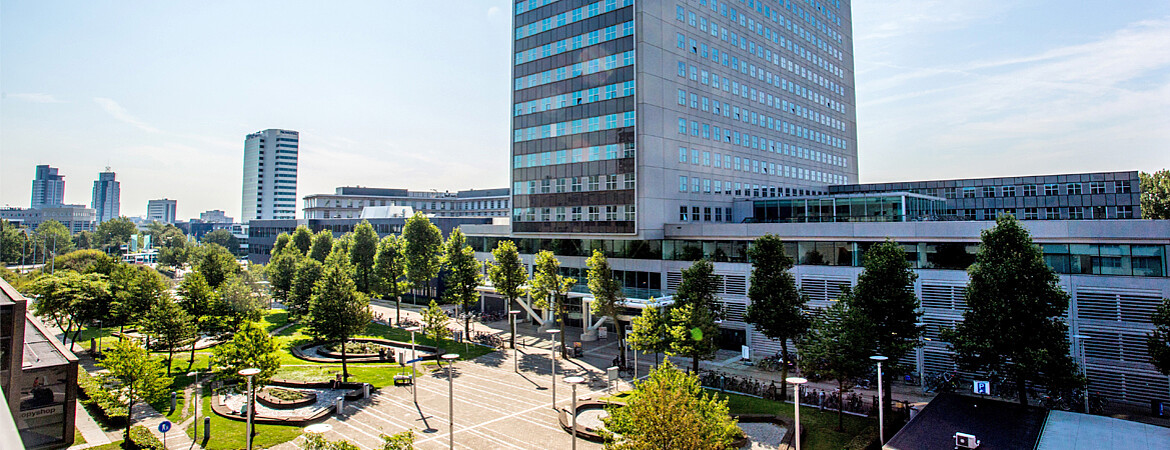A. (Anna) Tillmann

PhD Track Organizational implications of gig work and the changing role of HRM: Navigating Organizational Transformation: The evolving role of HRM and affected organizational actors in times of gig work implementations
In a rapidly evolving world shaped by technological innovations and flexible work arrangements, gig work is becoming increasingly significant. In this dissertation, Anna Tillmann, delves into the comprehensive impact of gig work on organizations, with a particular focus on Human Resource Management (HRM). By analyzing historical developments, comparing different platform types, and exploring individual perspectives, this work demonstrates how gig work challenges traditional work structures and compels companies to rethink their HR practices fundamentally and thereby addresses critical questions:
• How does gig work challenge traditional employer-employee boundaries?
• What are the implications for HR practices in managing gig workers?
• How do different gig work platforms affect organizational structures and HR responsibilities?
• What are the perceptions of internal actors regarding the shift to gig work within organizations?
From integrating external labor through platforms to adapting internal HR strategies, this dissertation offers valuable insights into the challenges and opportunities gig work presents for organizations. It highlights the critical role HR professionals must play in ensuring the fair treatment and effective management of gig workers while unlocking the potential of new talent in the market.
- Time frame
- 2019 -
Event (1)
Address
Burgemeester Oudlaan 50
3062 PA Rotterdam
Postbus 1738
3000 DR Rotterdam
Netherlands










